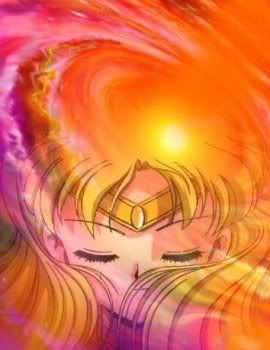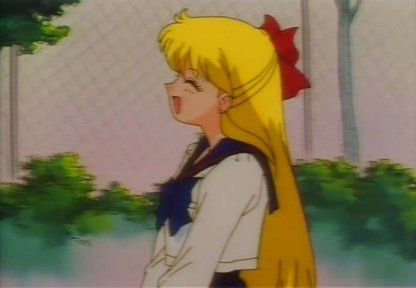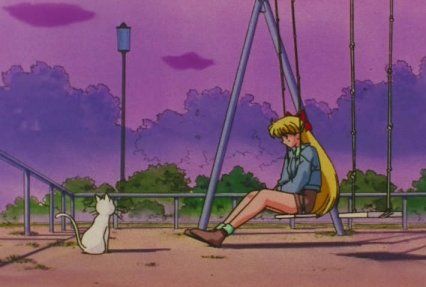One of the books I put on my list to read during my writing term (as we are required to read a certain amount) was
The Time Machine by H.G. Wells. You know, the one about the guy that goes back in time? Meets the Eloi and Morlocks? Come on, it was made into a movie - twice.
Before I get into more details, I have to say I'm surprised at where I found this book during my search for it. Jobless and strapped for cash as I am, I opted for the library. I looked in two different places; the public library and the Penn State University library. While in Penn State's library it was just sort of hanging out, I was quite shocked to find that Schlow Library had it residing in the children's section.
The Time Machine - a children's book? I recalled reading
War of the Worlds when I was in 8th grade, but that doesn't count as a child's book, does it? (Difficult for me to really know, since this is the same girl who planned to read
Gone With the Wind over Christmas break in 7th grade and didn't because it got checked out) I was even further confused about the choice when I actually started reading the book. I wonder what age group it's stuck in at the library because when I think of children's book, I think at most 6th grade and under. The concepts the Time Traveller talks about in the beginning are things I probably wouldn't have grasped too well until after taking geometry or algebra, subjects I didn't take until middle school and up. Time. Space. Fourth dimensions.
I also don't see the style as something a child would tolerate. We're being told a story by the Time Traveller (he's telling his buddies and we're sort of listening in). There isn't any back and forth dialogue, paragraphs can be long, and there just doesn't seem to be the sort of thing children can get into. Maybe I'm underestimating kids - after all, they are driving through 700-page Harry Potter books. However, those read much differently.
Anyway, having said all that, on to the book. Much better than the movies (though I only remember fragments of the first one), which both failed in terms of Morlock looks, Eloi looks, landscape, and just far ahead he traveled. Though I don't often read SF, (ironically enough - it's just that I don't know what's good to read and I'm not into the hard SF) I do find myself strangely drawn to the time in which Earth dies. I know, weird, but it's a fascinating thing to think about - mostly because I seriously doubt it will ever happen in my lifetime. So what would it look like? How would Earth change in the future? In the book the atmosphere grows thin, green plantlife dies away, and we're left with a barren, rocky landscape with a dying ocean and giant crabs roaming while the sun slowly fades or dies or whatever happens to it when it starts to grow red and...unless it was because of Earth losing orbit, falling into the sun.
When you can see something like that in your mind in such a bizarre way, do you know how scary that is? That's why people don't leave their lives for very long and think about our insignificance. You think ants are small, but we're just the same in many ways. Sure our brains are bigger, but what then? People kill each other over religion, but to what purpose? Will it all matter in the end of all things? When our planet slides closer to the sun and our kind die away - and we've lived only such a short time as it is, both as humans and as a country. Rome didn't last. Persia didn't last. How long before we go too? Maybe that's why we strive to live so much. How many shots do we get? I think that's why I go a little mad sometimes. Stuck in a house, thinking about how I have to get a job. Life is to short to spend it in a cubicle or selling bullshit clothes, credit cards, or other crap to people. Stepping outside one's comfort zone to think of the utterly massive amount of space and strange stars and things far and beyond is frightening. That's why I'd love to see it - do you know how thrilling that would be? Forget sky diving, the rush would be so much more intense, holy cow...
But, as usual, I digress. H.G. Wells had a great imagination, you have to hand it to him. I'm extremely fond of his description, a skill I think I need improvement on, and maybe even if I don't, there's no reason not to try making it even better. I simply loved the fact that he had the sun rise and set in the west at one point. I have a world where I really, really want to do that, but I didn't know if it was possible and had considered asking someone well versed in planetary movements. I feel a little better about the idea now, though I would still consult someone, mostly because if the orbit of the planet is going a certain way, I don't know if there would still be grass and living people on that particular chunk of land with the sun moving in that way.
Oh, and I chuckled a little at the beginning as they discussed space and time. About the present, past, and future. It made me start thinking about the original Buddhist doctrine (yay Buddhism class in college!) and how there is no Present. Just the Past and Future. As we are perpetually moving forward in time, there never is any present, and though the concept was difficult to fully grasp at the time, thinking about it in terms slightly different, it actually works for me now. Crazy huh?
“What happened to then?”
“We passed then.”
“When?”
“Just now. We're at
now, now.”
“Go back to then!”
“When?”
“Now.”
“Now?”
“Now!”
“I can't.”
“Why?”
“We missed it.”
“When?”
“Just now.”
“When will then be now?”
“Soon.”
“How soon?”
Currently:

Wishing I was in the Infinite
 Just kinda normal
Just kinda normal

 Wishing I was in the Infinite
Wishing I was in the Infinite